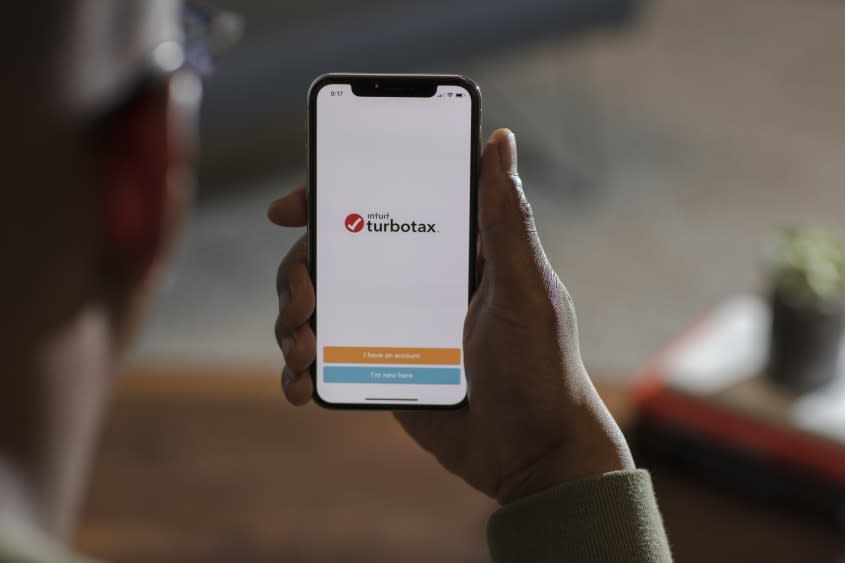TurboTax sued over 'free' label

Here are three of the week's top pieces of financial insight, gathered from around the web:
TurboTax sued over 'free' label
The Federal Trade Commission sued Intuit for falsely marketing its TurboTax software as "free," said Joseph Pisani in The Wall Street Journal. The agency asked for a preliminary injunction against Intuit's "bogus" advertising around TurboTax, which is only free for users that have a "simple" tax return. TurboTax defines what simple returns are and "doesn't allow people with certain types of forms, regardless of income, to file their taxes for free," including most people with income aside from a regular salary. About two-thirds of users were disqualified in 2020, "but the company doesn't tell them they have to pay until they have spent time inputting their personal and financial information." TurboTax used to participate in the IRS Free File service for taxpayers with $73,000 or less in adjusted gross income, but it opted out last year.
How to use your HSA
In January, health savings accounts eclipsed $100 billion in assets for the first time since they were established in 2003, said Greg Iacurci at CNBC. Few Americans, though, are using their full potential. These accounts "are available to consumers with a high-deductible health plan" to fund health-care expenses, and because contributions aren't taxed going in, the money isn't taxed as it grows, and withdrawals aren't taxed (if used for qualifying medical expenses), the accounts are said to be triple-tax-advantaged. Financial experts recommend holding funds in HSAs and giving "time for the money to grow to cover higher health costs" later in life. But only 7 percent of HSAs take advantage of investment options; most people use an HSA as "a spending rather than savings account."
Suburbs vs. corporate homebuyers
Some suburbs are fighting back against investment firms buying up homes and turning them into rentals, said Peter Whoriskey and Kevin Schaul in The Washington Post. To discourage the shift to corporate ownership, one homeowners' association in Charlotte, North Carolina, imposed "a new rule requiring any new homebuyer to wait two years before renting it out." That requirement cut investor purchases by more than half. The pushback against "faceless" corporate takeovers has been popular. "If we're sending a notice about garbage on the lawn to a company in Las Vegas," said one Charlotte resident, "it's going to end up on the desk of someone who doesn't care what the neighborhood looks like."
This article was first published in the latest issue of The Week magazine. If you want to read more like it, you can try six risk-free issues of the magazine here.
You may also like
The best starting Wordle word has been revealed
NBC News staffers reportedly miffed about MSNBC's planned Psaki hire

